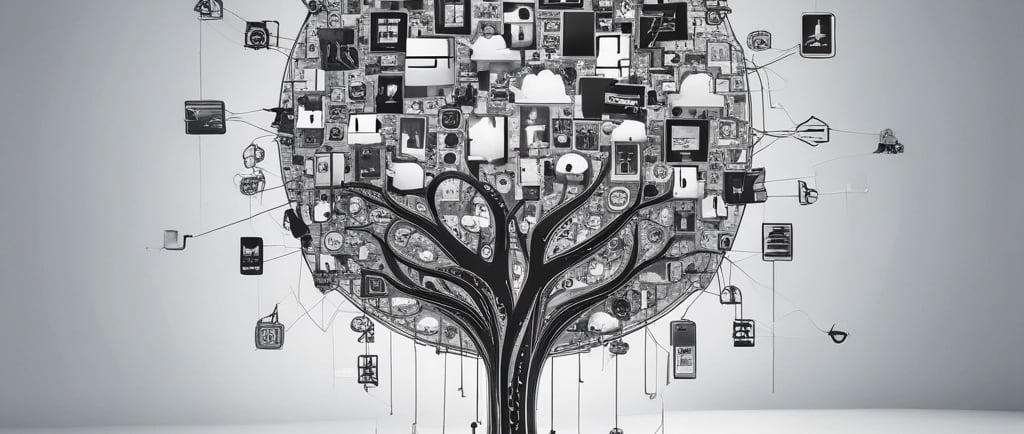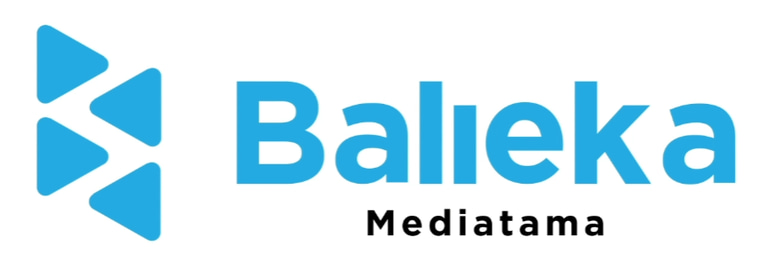The Resolution of Solar Energy Storage in the AI Era: A Concept for the Future
The world is shifting toward clean, renewable energy — and solar power is leading the charge. Yet, one challenge remains: efficient energy storage. As solar installations multiply across homes, industries, and cities, the ability to store that energy and use it intelligently has become mission-critical.
5/11/20253 min read


The world is shifting toward clean, renewable energy — and solar power is leading the charge. Yet, one challenge remains: efficient energy storage. As solar installations multiply across homes, industries, and cities, the ability to store that energy and use it intelligently has become mission-critical.
Now, we stand at the dawn of a new era: AI-powered solar energy storage. This isn’t just a technological evolution — it’s a total resolution of how we generate, store, and consume solar power.
In this article, we’ll explore:
How AI is transforming solar storage
The limitations it resolves
The future-forward concept of autonomous energy ecosystems
Key strategies to reach this clean energy future
🔋 The Challenge: Why Energy Storage Needs a Revolution
Solar energy is intermittent — the sun doesn’t shine 24/7. Traditional battery systems store excess energy but often operate with fixed logic, poor load prediction, or waste due to overcharging/discharging.
Current Issues:
Limited battery lifespan due to poor charge cycles
Energy waste during peak solar generation
No real-time optimization based on weather or usage patterns
Grid instability when storage isn’t managed dynamically
🤖 Enter the AI Era: Smart Storage, Smarter Grids
Artificial Intelligence introduces an entirely new layer of intelligence into solar storage. AI systems can predict, learn, and adapt, creating ultra-efficient, cost-saving storage models.
Key AI Capabilities in Solar Storage:
FeatureAI Functionality⚡ Demand ForecastingPredict future energy usage using past data🌤️ Weather PredictionAdjust charging/discharging based on solar potential🔄 Load BalancingShift loads across devices or buildings dynamically🔋 Battery Health OptimizationExtend life by smartly managing cycles🌐 Grid Sync & Peer TradingCoordinate with the grid or sell excess energy to peers
🌍 Future Concept: The Autonomous Energy Ecosystem
Imagine a future home or city block where solar panels, batteries, appliances, EVs, and the local grid all talk to each other — orchestrated by AI.
Here’s how this system might work by 2040:
1. AI-Powered Home Energy Command Center
A central AI “brain” manages when to:
Store energy
Sell it to the grid or neighbors
Charge your EV
Run high-power devices
2. Swarm Intelligence for Communities
Neighborhood solar homes communicate as a microgrid. AI algorithms route excess energy to where it's needed most, reducing reliance on centralized fossil-based grids.
3. Autonomous Maintenance and Battery Recovery
AI monitors every battery cell's health, temperature, and wear — recommending (or automatically initiating) maintenance to prevent failure and ensure safety.
4. Dynamic Energy Contracts
Your AI negotiates real-time electricity pricing with your utility or with blockchain-based energy marketplaces — buying cheap, selling high.
🧭 Strategy: How We Reach the Future of Smart Solar Storage
The transition to AI-optimized storage isn’t automatic. It requires a clear strategy across hardware, software, policy, and user education.
✅ Step 1: Embed AI in Battery Management Systems (BMS)
Manufacturers must build AI-ready BMS platforms that support:
Real-time diagnostics
Predictive charging
Cloud/edge learning models
✅ Step 2: Connect to IoT & Smart Devices
Solar storage systems must sync with:
Smart thermostats
EV chargers
HVAC systems
Industrial automation
✅ Step 3: Use Edge + Cloud AI Hybrid
Edge AI ensures fast decisions (e.g., for battery protection), while cloud AI handles learning from big data (weather, consumption patterns, etc.)
✅ Step 4: Leverage Open Energy Standards & APIs
Ensure interoperability between solar inverters, batteries, and AI platforms. Support for protocols like Modbus, MQTT, and OpenADR is key.
✅ Step 5: Build User Trust with Transparency
AI decisions in energy systems must be explainable. Users need clear dashboards showing:
What AI is doing
Why it’s doing it
How much it’s saving
